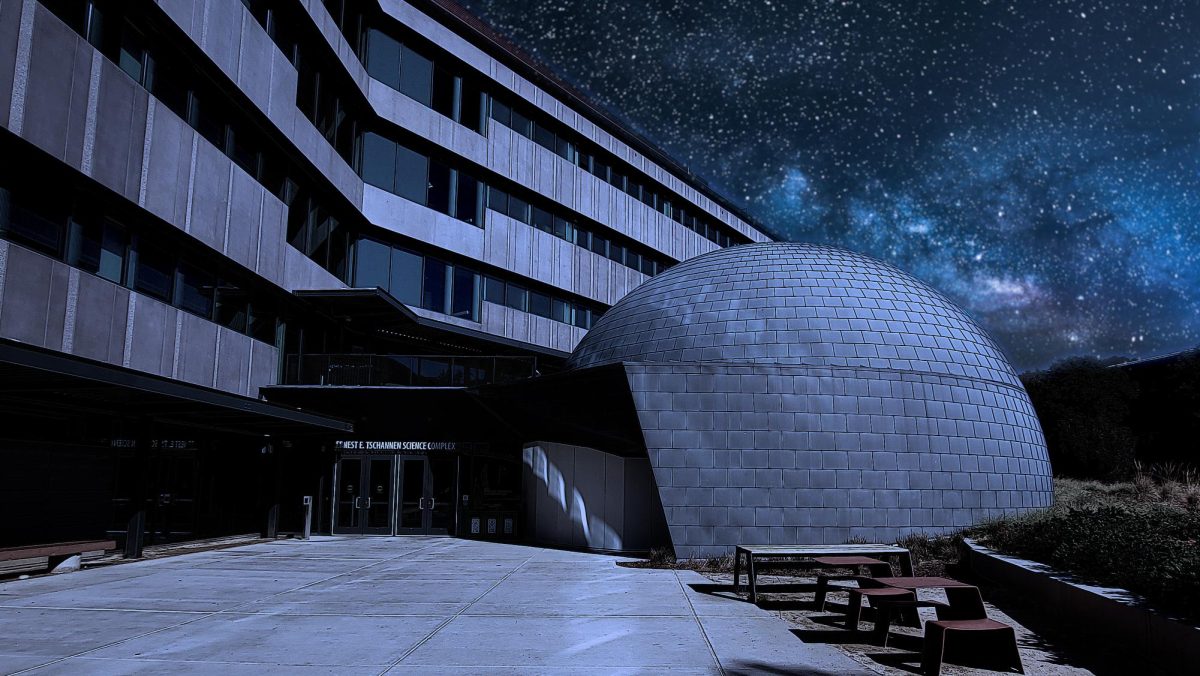California rejects 8 statewide propositions
November 9, 2005
Sacramento voters, totaling 269,372 or 42.7 percent, echoed the voices of other Californians up and down the state voting “no” on all eight statewide propositions on the ballot during the Special Election Tuesday.
With 42.6 percent of Californians voting ?” less than the 61.2 percent during the 2003 Special Election ?” Proposition 73 was the closest measure to pass with 47.4 voting for it and 52.6 percent voting against it.
Proposition 73, which would have made minors notify a parent before an abortion, split California most decisively from north to south with the majority of inland counties voting to pass it and coastal ones rejecting it.
In Sacramento, Proposition 75, the measure to allow union-members to opt out of political contributions, was neck-in-neck until the end and came up only 10,000 votes shy of passing.
At the end of the ballot, Proposition 80, a move to re-regulate electric companies, had the largest spread and least chance of passing with Californians voting 34.3 percent versus 65.7 percent ?” a clear majority rejecting it.
All eight propositions were discussed on campus by clubs and organizations Tuesday during Election Day in the Quad hosted by Associates Students Inc. and the Office of Governmental Affairs.
Free pizza was up for grabs if students stopped and spoke with at least three different organizations ?” among those in attendance were the College Republicans, Democracy Matters and ASI ?” encouraging students to educate themselves about the propositions before voting, said Bonnie Sugiyama, ASI vice president of finance.
Olgalilia Ramirez, director of governmental affairs, said one big hurdle for the student vote was that there was no polling place on campus for students in the dorms to access. But in order to do that, more campus residents need to register to vote, Ramirez said.
“Something that we’re really looking into next year is having a polling place on campus,” Olgalilia said.
Even with a variety of groups backing different causes, the majority of the information given out at the event was nonpartisan, said Ash Roughani, president of Democracy Matters.
The most important aspect of the day in the quad was to encourage students to participate knowledgably because “this is the most expensive election in California history at $262 million,” Roughani said. The money was spent by the groups campaigning for and against the eight propositions.
Jessica Weidling can be reached at [email protected]

























































































































